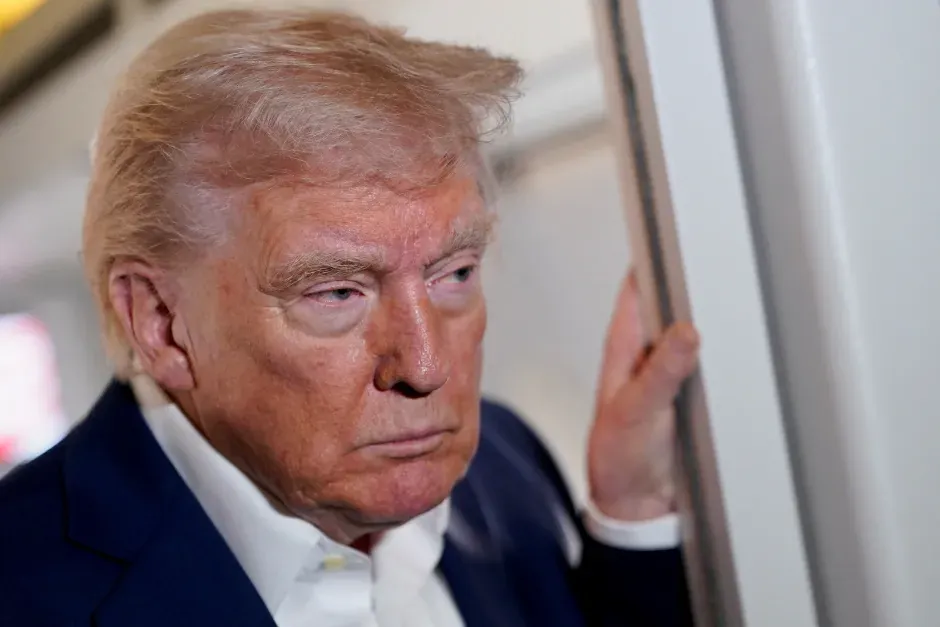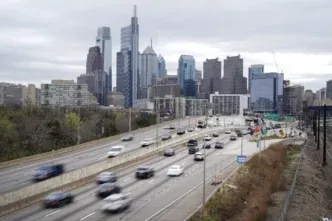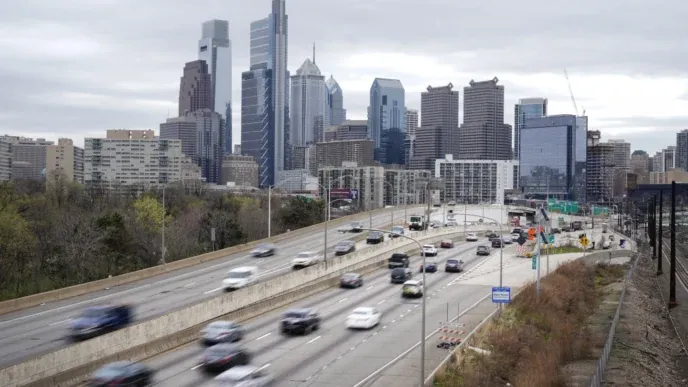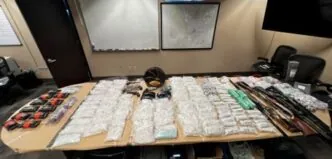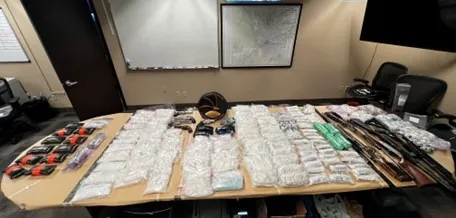The Trump administration wants to prevent people on federal food assistance from using their benefits to buy soda or candy.
Health and Human Services Secretary Robert F. Kennedy Jr. is leading the charge, urging states to revise Supplemental Nutrition Assistance Program (SNAP) guidelines and eliminate certain unhealthy foods from eligibility.
Earlier this month, Arkansas Governor Sarah Huckabee Sanders submitted an official request to the U.S. Department of Agriculture, which oversees SNAP, asking to restrict purchases made with SNAP debit cards.
“Banning soda and candy from food stamps will remove some of the least-healthy, most-processed foods from the program and encourage low-income Arkansans to eat better,” Sanders said in a joint statement with USDA Secretary Brooke Rollins.
Rollins emphasized a quick approval process, saying the changes could go into effect by July next year. “I encourage more states across the nation to follow the bold lead of states like Arkansas as we Make America Healthy Again,” she added.
Indiana has already made a similar request, and Republican governors in West Virginia and Idaho have expressed their intention to follow suit.
The initiative represents a major breakthrough for a policy long floated by Republicans but consistently blocked by lawmakers from both parties due to opposition from antihunger advocates and the food industry.
“This push for SNAP restrictions is historical, but we have seen an unprecedented push around the states,” said Gina Plata-Nino of the Food Research & Action Center. She noted that federal resistance to such proposals used to be stronger.
Both the Obama administration in 2015 and Trump’s previous administration in 2018 rejected Maine’s attempt to ban junk food in SNAP, citing complications for retailers, challenges in classifying unhealthy foods, and uncertainty about long-term health outcomes.
A 2016 USDA analysis of point-of-sale data from a major retailer revealed that soft drinks were the top item purchased by SNAP users, whose buying habits resembled those of non-SNAP shoppers. Plata-Nino argued that a deeper study would track recipient spending over time.
Over 20 million U.S. households receive monthly SNAP benefits, which can be used for almost any grocery item—except alcohol and hot, ready-to-eat meals. Under Arkansas’ proposal, SNAP users could no longer buy “soda, low and no-calorie soda, fruit and vegetable drinks with less than 50% natural juice, unhealthy drinks, and candy,” but they could still purchase hot rotisserie chickens.
The American Medical Association supports the idea, citing the nation’s obesity crisis—an unusual point of agreement with Kennedy, who has also promoted widely discredited views on vaccines. Though the USDA oversees SNAP, Kennedy has actively advocated for these changes, reportedly creating some friction between agencies.
At a recent Cabinet meeting, Kennedy said he’s working with governors in 24 states to remove soda from the SNAP program. He framed the effort as part of a larger campaign that also targets harmful food dyes and fluoride in drinking water.
Congress Pushback and Uncertain Future
Despite momentum at the state level, bipartisan opposition in Congress remains strong. Any state waivers could be rescinded by a future administration.
Rep. Glenn Thompson (R-Pa.), chair of the House Agriculture Committee, which oversees SNAP, told HuffPost in March that banning soda from SNAP won’t stop people from drinking it.


